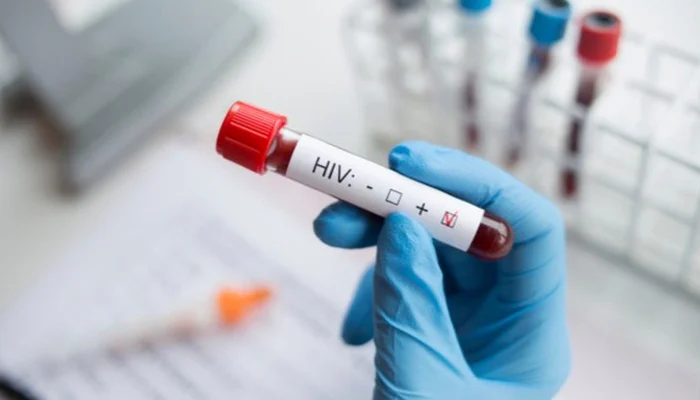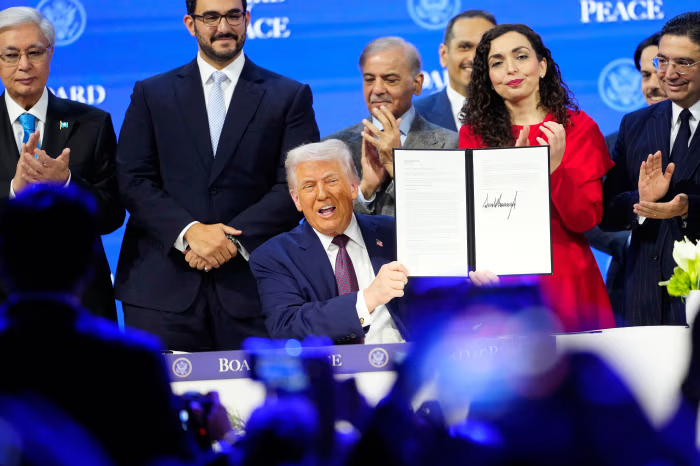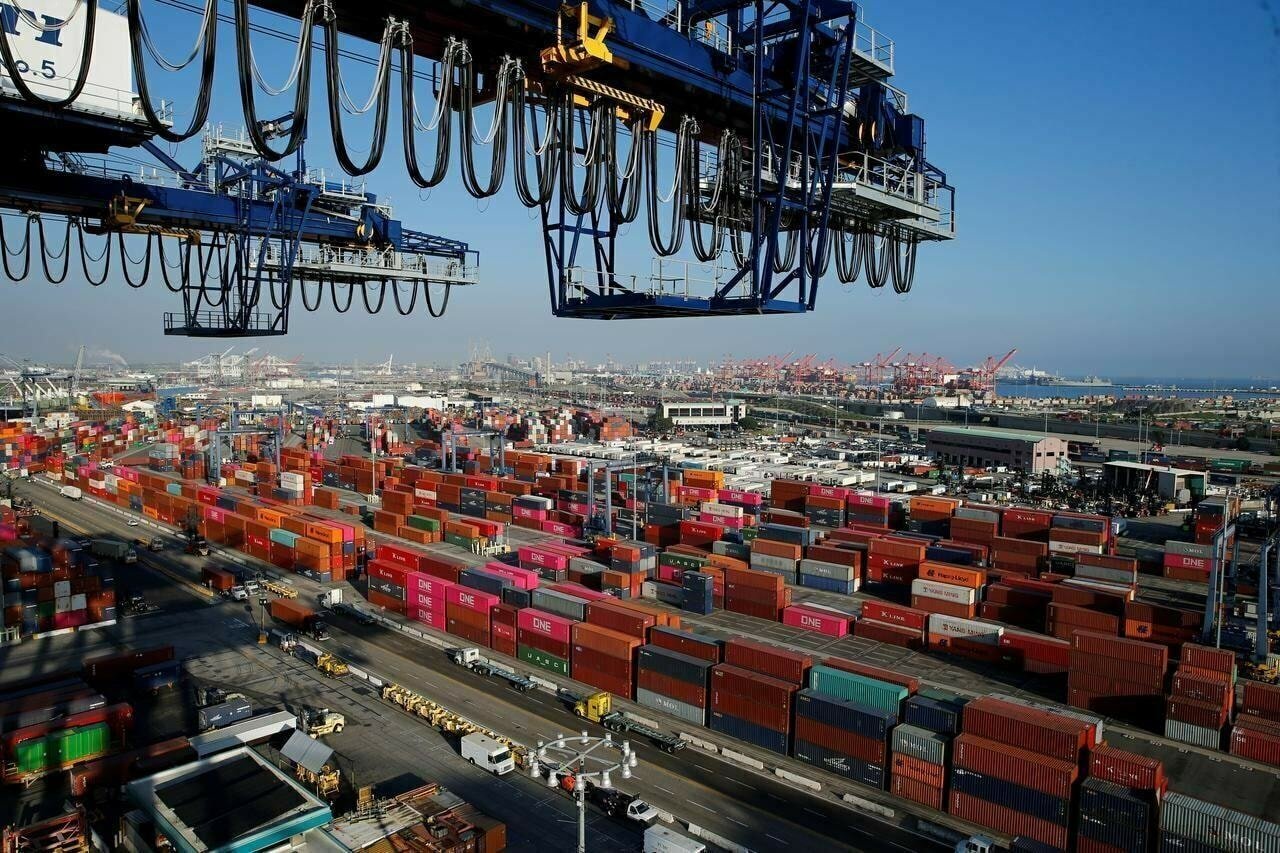Dr Shabana Safdar Khan
The world is entering a grim new phase of hunger. The United Nations World Food Programme (WFP) has sounded an alarm that nearly 14 million people across conflict-hit nations — including Afghanistan, Congo, Somalia, Sudan, and Haiti — are sliding from crisis into emergency levels of hunger. The organization’s report, A Lifeline at Risk, warns that its funding for 2025 will fall by 40 percent, leaving only $6.4 billion compared to last year’s $10 billion budget. The global food lifeline, already strained by wars, inflation, and climate disasters, is now being strangled by donor fatigue.
The Western powers that once styled themselves as global humanitarians — the United States, Britain, France, and Germany — now appear morally bankrupt. Having spent trillions destabilizing regions from the Middle East to Africa, they have walked away from rebuilding or feeding the very societies their interventions ruined. The WFP warns that 13.7 million people may soon move from “crisis” to “emergency” levels of hunger — one step away from famine on the international five-stage scale. Already, 319 million people globally face food insecurity, while 44 million live in outright emergency conditions.
Follow Republic Policy on YouTube
This humanitarian withdrawal will hit fragile countries hardest, including Pakistan, where food insecurity is worsening amid economic collapse, political chaos, and elite indifference. Pakistan’s hunger crisis is not merely about scarcity; it is about neglect. According to official surveys, four out of ten children under five are stunted, 17.7 percent suffer wasting, and nearly 29 percent are underweight. The 2023 Integrated Food Security Phase Classification (IPC) study revealed that over 2.14 million children are severely malnourished. These numbers are not abstract — they represent millions of futures crippled before birth.
For decades, Pakistan’s rulers treated nutrition as a donor-driven concern, outsourcing responsibility to international organizations. But as global aid recedes, this model has collapsed. Pakistan’s dependency on external assistance has created a political culture of moral abdication — where feeding the poor is seen as charity, not duty. The drying up of US and multilateral aid should serve as a wake-up call: no sovereign state can outsource its children’s survival.
Nutrition and food security must now be recognized as national security issues. A population weakened by hunger cannot sustain productivity, innovation, or governance. Pakistan’s economic reforms, fiscal stabilization, or investment strategies are meaningless if its children remain malnourished and sick. The moral test of the state lies not in its GDP growth but in whether its poorest citizens eat.
Follow Republic Policy on Facebook
To confront this emergency, Pakistan must act at three levels — institutional, community, and international. Institutionally, the state must integrate nutrition into health and education policy. Provincial governments should fund mobile food distribution networks and public kitchens in urban slums and remote districts. School-feeding programs, modeled on successful international examples, could combine education with sustenance, keeping children both fed and enrolled.
At the community level, women’s nutrition and maternal health must be prioritized. Malnutrition among mothers perpetuates the cycle of underweight births and stunted growth. Local councils, NGOs, and district administrations should collaborate on guided feeding campaigns, breastfeeding education, and small-scale food fortification projects. Access to clean water — a fundamental element of nutrition — must also be expanded through affordable filtration systems and rural water safety plans.
Internationally, Pakistan must rebuild partnerships not for dependency but for expertise. The WFP and other UN agencies should be engaged as technical partners to train local nutritionists, monitor hunger mapping, and develop sustainable agriculture programs. Pakistan’s universities and provincial planning departments must work together to forecast regional hunger patterns and link agriculture subsidies with nutrition outcomes rather than political patronage.
Follow Republic Policy on TikTok
Economic revival is impossible without human survival. If 40 percent of Pakistan’s children remain undernourished, no fiscal reform or foreign investment can produce sustainable growth. Health reform and food accessibility are not social welfare luxuries — they are economic imperatives. Every rupee spent on feeding and educating a child returns tenfold in national productivity, public health savings, and social stability.
The global hunger crisis is a mirror reflecting the world’s moral decay — and Pakistan cannot afford to wait for others to fix it. The international aid collapse exposes a simple truth: countries that fail to feed their own will be left behind. If Pakistan wishes to rise as a resilient nation, it must treat nutrition as governance, not charity — and hunger as a constitutional emergency, not an afterthought.
Follow Republic Policy on Instagram
The world’s silence in the face of starvation is unforgivable. But Pakistan’s silence toward its own starving millions would be a tragedy of choice. It is time to replace dependency with dignity, and charity with accountability — feeding people not as an act of mercy, but as an act of justice.















